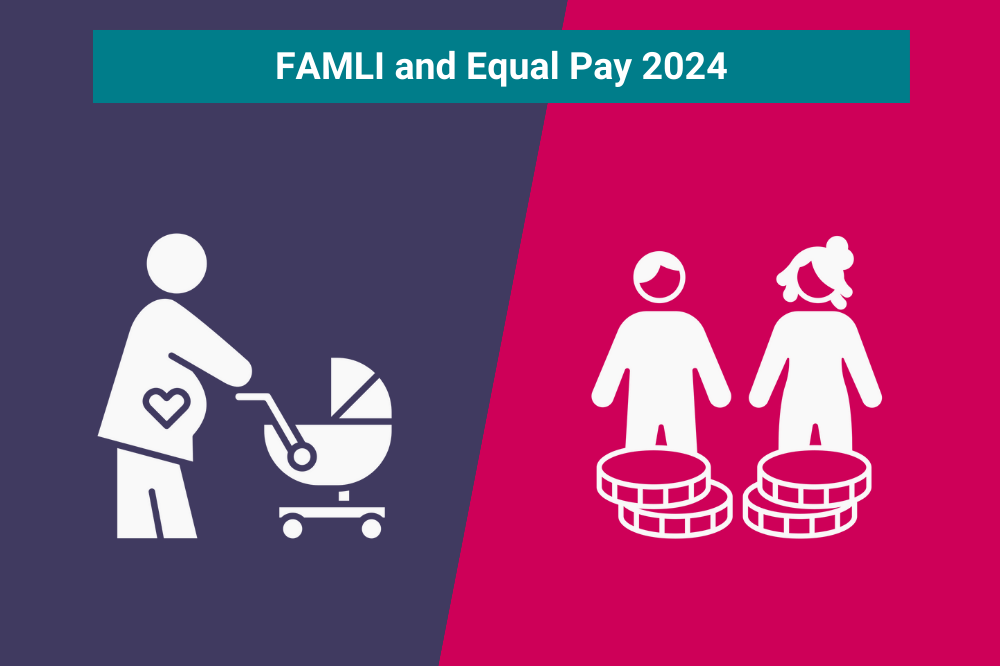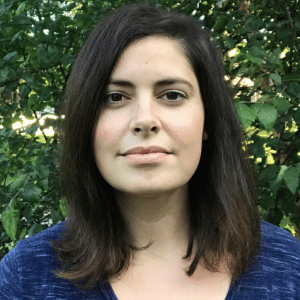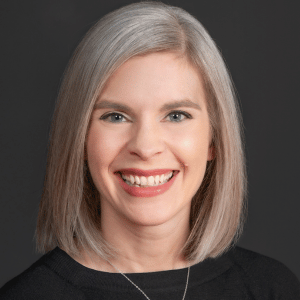
What You Need to Know About FAMLI and Equal Pay in 2024
WFCO Advocated for FAMLI and Equal Pay to Make Work Really Work for Women
According to the 19th, the U.S. is the only high-income country where workers are not guaranteed a single paid day off by federal law, including for parental leave, family caregiving responsibilities or any other medical purposes.
Thanks to Colorado voters who approved the paid Family and Medical Leave Insurance (FAMLI) program in 2020, Coloradans now have more access to paid leave than most Americans. Colorado joined 12 states and the District of Columbia in having a form of guaranteed paid family and medical leave legislation for eligible workers, according to the Department of Labor.
FAMLI ensures Colorado workers have access to paid leave in order to take care of themselves or their family during life circumstances that pull them away from their jobs, so workers don’t have to choose between earning a paycheck and taking care of their families.
FAMLI benefits officially became available on Jan. 1, 2024. As of Feb. 7, 2024, workers submitted 20,900 claims, with the majority being bonding (parental) claims, followed by medical. The average leave duration was 59.46 days.
We talked to Kaitlin Altone, 9to5 senior organizer, who leads the FAMLI coalition to ensure full, inclusive, equitable implementation of the bill that is reflective of community needs.
 FAMLI Is Accessible in Ways People May Not Know About
FAMLI Is Accessible in Ways People May Not Know About
WFCO: How does it feel for Colorado to finally have family and medical leave benefits?
Kaitlin: I feel proud to be among the organizers and community members who worked to get us here. I feel like through paid leave we are living the values that we’re all full human beings and we have our jobs and our health and our family and loved ones. People want to show up for ourselves and our families. Access to paid family and medical leave shouldn’t be a privilege reserved for a small group of people. I am excited to hear about people who are starting to use the program. Community members who want to share their experiences and keep advancing workers rights should reach out to bilingual 9to5 organizer Edith Mata. We want to understand people’s experiences.
WFCO: What are the things you want people to know about using FAMLI?
Kaitlin: The FAMLI definition is an expansive definition of family. We really had to campaign hard on that because there’s a lot of ingrained prejudice, whether that is against multigenerational or LGBTQ+ families. There was also purposeful misunderstanding by the opposition about what family means. I’m excited for people to see that whoever is part of their family is included.
Also, having this type of social insurance program is a shift where individual workers will have more power in their lives to say, “I need to take care of myself and loved ones.” We are valuable as human beings regardless of how much we’re contributing to someone’s bottom line.
WFCO: Who is covered?
Kaitlin: Most Coloradan workers are already enrolled, or eligible to self-elect in the cases of self-employed or some local government employees. This includes gig workers and part-time workers, for example, who just aren’t used to having access to protections and benefits like this. Also people who aren’t used to being included because of their identities, such as immigration status. Ensuring equitable access to FAMLI was always the goal, so more people may be included than they think are.
There is complexity in life and relationships and families. People who are actively going through the trauma of cancer or experiencing a really difficult pregnancy shouldn’t have to fear that they can’t pay their rent. We all deserve this time while not having to sacrifice our basic security and basic needs.
But this program is accessible and usable in ways that folks might not be used to. Folks going through trauma who wouldn’t necessarily think they were covered may be covered, such in cases of domestic violence, sexual assault, and stalking. I would encourage everyone to learn about how they can use this program for when they have new children, a serious health condition, caregiving need, or safe time – so that they know where to turn when the need arises.
WFCO: What now?
Kaitlin: We went through years of rulemaking. So we want to be attuned to the community for how it’s going. Most importantly, when an arising need comes up, I want their first thought to be to put in a claim.
WFCO: What’s the best resource?
Kaitlin: The Colorado Department of Labor and Employment’s FAMLI website. They have a helpline and different ways to reach out to them. They’ve been doing a good job of building up resources on the website and are planning to grow that. Also, A Better Balance, one of our partners, has a legal helpline to help Coloradans needing support navigating their paid leave rights.
Beyond Lobbying – Making Sure Equal Pay Is Implemented Fairly
Passed in 2023, the bill to Ensure Equal Pay for Equal Work is in the process of rulemaking. Rulemaking is the formal process by which state agencies create regulations or rules to implement and interpret statutes, and establish policies and procedures, consistent with rulemaking authority provided to state agencies by the Colorado General Assembly.
We talked to Louise Myrland, WFCO vice president of programs about the rulemaking process.
 WFCO: How is WFCO involved in rulemaking for Colorado’s Equal Pay law?
WFCO: How is WFCO involved in rulemaking for Colorado’s Equal Pay law?
Louise: The Women’s Foundation of Colorado not only lobbied for SB23-105 Ensure Equal Pay for Equal Work, we continue to engage the equal pay coalition in the rulemaking process to advocate for fair implementation of the bill to close the gender and racial pay gap. One way we do this is to submit public comments to the Colorado Department of Labor and Employment (CDLE) to inform the process or seek clarification where it’s needed.
You can see records of recent rulemaking hearings and comments by individuals and organizations on CDLE’s website, including a public comment submitted by The Women’s Foundation of Colorado in collaboration with the Colorado Women’s Bar Association and the Colorado Plaintiff Employment Lawyers Association on behalf of the equal pay coalition.
WFCO: What is the purpose of rulemaking?
Louise: The rulemaking process gives us a chance to make sure the intent of the legislation is realized through how the law is put into effect. The Women’s Foundation led the coalition effort to review the proposed rules and make suggestions and highlight areas where further clarification or change was needed to align with legislative intent. For example, when the equal pay transparency rules were being updated to implement changes to the law passed in 2023, we urged CDLE to clarify privacy protections in the final rules. By specifying the legislative basis and the health and safety reasons for the rules to include privacy protections, our input helped CDLE craft final rules that balance the powerful impact of greater transparency with the need to protect individuals’ identities.
WFCO: What happens next?
Louise: CDLE is finalizing several sets of rules to guide implementation of the updated Equal Pay for Equal Work law and other recent changes to employment laws. You can find these and other labor rules on CDLE’s website.
We are also developing tools for employers and workers & job seekers to understand the changes and what that means for them. Stay tuned for those tools on Equal Pay Day, which is March 12, 2024. You can also join us at the Capitol for our Advocacy Day on March 12 to learn more about how FAMLI and equal pay are working so far and other bills that support women’s economic mobility.

